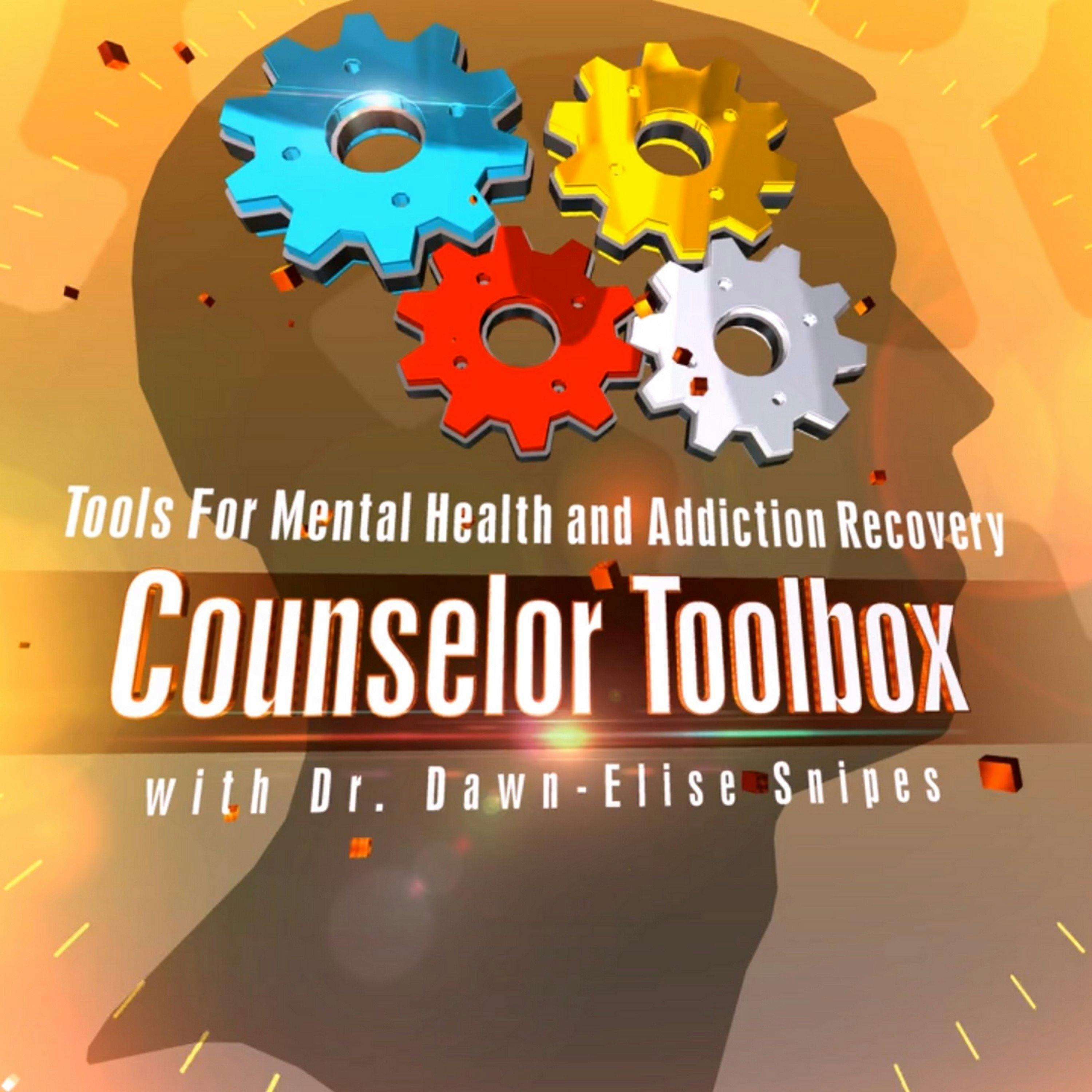|
Description:
|
|
Pharmacology of Alcohol
Dr. Dawn-Elise Snipes
Sponsored by BetterHelp. Clinicians, sign up with BetterHelp to increase your bookings and work from teh comfort of your own home. https://hasofferstracking.betterhelp.com/aff_c?offer_id=20&aff_id=2373
Objectives
~ Explore the impact of alcohol on neurotransmitters and major bodily systems
Intro
~ Heavy drinking worsens morbidity from chronic disease as it exacerbates the effects of hypertension, diabetes mellitus, and hepatitis, and interferes with the metabolism and therapeutic actions of various medications
~ According to the “Dietary Guidelines for Americans 2015-2020,” U.S. Department of Health and Human Services and U.S. Department of Agriculture, moderate drinking is up to 1 drink per day for women and up to 2 drinks per day for men.
Alcohol and Nutrition
~ Deficiencies in folate, thiamine, B6, omega–3, folic acid, zinc, choline, iron, copper, selenium may play critical roles
~ Increased susceptibility to inflammation and damage from alcohol use.
~ Altered neurotransmitter levels
Neurobiology of Alcohol Dependence
~ Alcohol upregulates GABA
~ The body responds to this “hypersedation” by upregulating glutamate
~ When the alcohol wears off, the person feels anxiety like symptoms because of the excess glutamate
~ Long-term use of alcohol leads to an increase in glutamatergic receptors in the hippocampus
~ Low to moderate levels of alcohol increase dopamine release, but high levels actually dampen it
~ Chronic ethanol exposure produces adaptations in dopamine release (what used to be high levels are now moderate), and the opioid system
~ Alcohol increases serotonin receptor activation
~ Alcohol acts directly on mu-opioid receptors, with the description of a positive effect on mu opioid receptors
Alcohol Effects On The Brain
~ Long-standing heavy alcohol use impairs liver functioning which can cause toxicity and systemic inflammation which leads to disproportionate loss of cerebral white matter and impairments in cognition and executive function
~ Postmortem studies showed that ~75 % of heavy drinkers have significant brain damage/degeneration
~ Regarding gray matter degeneration, thiamine deficiency alone reduces neurotrophic protein levels in the thalamus, and neurotransmitter levels in the hippocampus and cerebral cortex.
Alcohol Effects On The Brain
~ Alcohol abuse and thiamine deficiency together cause greater reductions in white matter volume and strategies designed to reverse thiamine deficiency do not fully restore cognitive and behavioral function
~ Cognitive impairment in humans can be partially reversed by abstinence but more than 50% of people have persistent alcohol-related deficits in learning, memory, and executive function
~ Since alcohol-related cognitive impairment can persist after detoxification, it can be difficult to diagnose and could also confound the course of other neurodegenerative diseases, including Alzheimer’s and vascular dementia
Alcohol and Hepatic Encephalopathy
~ Acute Hepatic Encephalopathy is a neuropsychiatric disorder that is clinically manifested by confusion, difficulty thinking clearly, coma, tremors, loss of fine motor coordination, hyperreflexia, slowed speech and mild cognitive impairment.
~ Individuals with acute HE may have deficits in ability to work, and capacity to carry out activities of daily living in the absence of overt encephalopathy
Wernicke’s Encephalopathy
~ WE is an acute neuropsychiatric disorder caused by thiamine (vitamin B1) deficiency, symptoms include altered mental status, ataxia, and ophthalmoplegia.
~ Repeated bouts of thiamine deficiency cause severe and permanent deficits in spatial memory and increased perseverative behavior.
~ thiamine deficiency, together with binge or chronic ethanol exposures, causes progressive cognitive dysfunction and loss of neural plasticity due to reduced GABAergic inhibition and increased glutamatergic excitation.
Wernicke-Korsakoff’s Sundrome
~ Korsakoff syndrome is characterized by confabulation, memory loss, and gait abnormalities that are often irreversible and results if Wernicke encephalopathy is not treated adequately
~ 25% of patients with Wernicke-Korsakoff syndrome require long-term institutionalization
~ If treated quickly, Korsakoff syndrome development may be prevented with thiamine treatments.
~ Thiamine needs to be administered quickly in both dose and duration.
Alcohol and Sleep Disorders
~ Heavy alcohol use may be associated with circadian abnormalities, short sleep duration, obstructive sleep apnea, and sleep-related movement disorder
~ Alcohol acts as a sedative that causes presynaptic release of GABA in the brainstem and interacts with several other neurotransmitter systems (serotonin and glutamate) important in the regulation of sleep
~ Alcohol abuse and dependence are associated with
~ down regulation of brainstem GABAergic systems following development of alcohol dependence
~ chronic sleep disturbance and disrupted melatonin rhythms
Alcohol and Sleep Disorders
~ Insufficient quality sleep or insomnia are associated with negative consequences to immune function, impaired cardiovascular and cerebrovascular health, cognitive impairment, and a change in emotional reactivity
Alcohol and the Endocrine System (HPA-Axis)
~ Acute exposure to alcohol activates the HPA axis, leading to a dose-related increase in circulating ACTH and cortisol and inducing anxiolytic-like responses
~ Chronic use leads to blunted HPA-Axis response and the inhibitory control of the HPA axis was impaired in heavy drinkers (flat and the furious)
~ Chronic alcohol exposure causes a decrease in testosterone, and progesterone and an increase in estrogen
~ Chronic alcohol exposure reduces the response to TSH insufficient T4 to be converted to T3
~ Interestingly there is a significant positive correlation between free T3 and alcohol-seeking behaviors in alcohol-dependent individuals
Alcohol and the Intestinal Microbiota
~ Alcohol-induced changes in the gut and intestinal microbiota composition contribute to the link between alcohol-induced oxidative stress and intestinal hyperpermeability to bacteria and toxins and systemic inflammation, and tissue damage/organ pathologies including the development of alcoholic liver disease (ALD)
~ Dysbiosis can be caused diet, disruption of circadian rhythms, illness, stress and alcoholic beverage consumption
Alcohol and the Immune System
~ Alcohol suppresses the immune system making people more susceptible to illness
~ Chronic alcohol exposure also interferes with the normal functioning of all aspects of the adaptive immune response
~ acute alcohol inhibits and chronic alcohol accelerates inflammatory responses partially due to activation and progressive dysfunction of the HPA-Axis
Alcohol Withdrawal Symptoms
~ Begin within 2-48 hours after you have your last drink.
~ Symptoms usually peak around 24 to 72 hours after you stop drinking
~ Can be life threatening due to increase in blood pressure
~ Headache
~ Clammy skin
~ Rapid heart rate
~ Difficulty thinking clearly or concentrating
~ Anxiety or irritability
~ Changes in sleep patterns
~ Fatigue
~ Seizures
~ Hallucinations
Summary
~ Alcohol impacts nearly every system of the body and alters levels of most neurotransmitters
~ Chronic alcohol use can lead to HPA-Axis dysregulation
~ Increases in GABA and stimulation of mu-opioid receptors caused by alcohol can have dangerous additive effects when combined with benzodiazepines or opioids.
~ Alcohol may also potentiate SSRIs
~ Alcohol causes excitotoxicity in the brain resulting in reductions of both white and gray matter
~ Inhibition of thiamine absorption can cause a life-threatening condition called Wernicke-Korsakoff’s syndrome and should be a consideration when people present with sudden onset cognitive symptoms.
|
 More
More
 Religion & Spirituality
Religion & Spirituality Education
Education Arts and Design
Arts and Design Health
Health Fashion & Beauty
Fashion & Beauty Government & Organizations
Government & Organizations Kids & family
Kids & family Music
Music News & Politics
News & Politics Science & Medicine
Science & Medicine Society & Culture
Society & Culture Sports & Recreation
Sports & Recreation TV & Film
TV & Film Technology
Technology Philosophy
Philosophy Storytelling
Storytelling Horror and Paranomal
Horror and Paranomal True Crime
True Crime Leisure
Leisure Travel
Travel Fiction
Fiction Crypto
Crypto Marketing
Marketing History
History

.png)
 Comedy
Comedy Arts
Arts Games & Hobbies
Games & Hobbies Business
Business Motivation
Motivation




